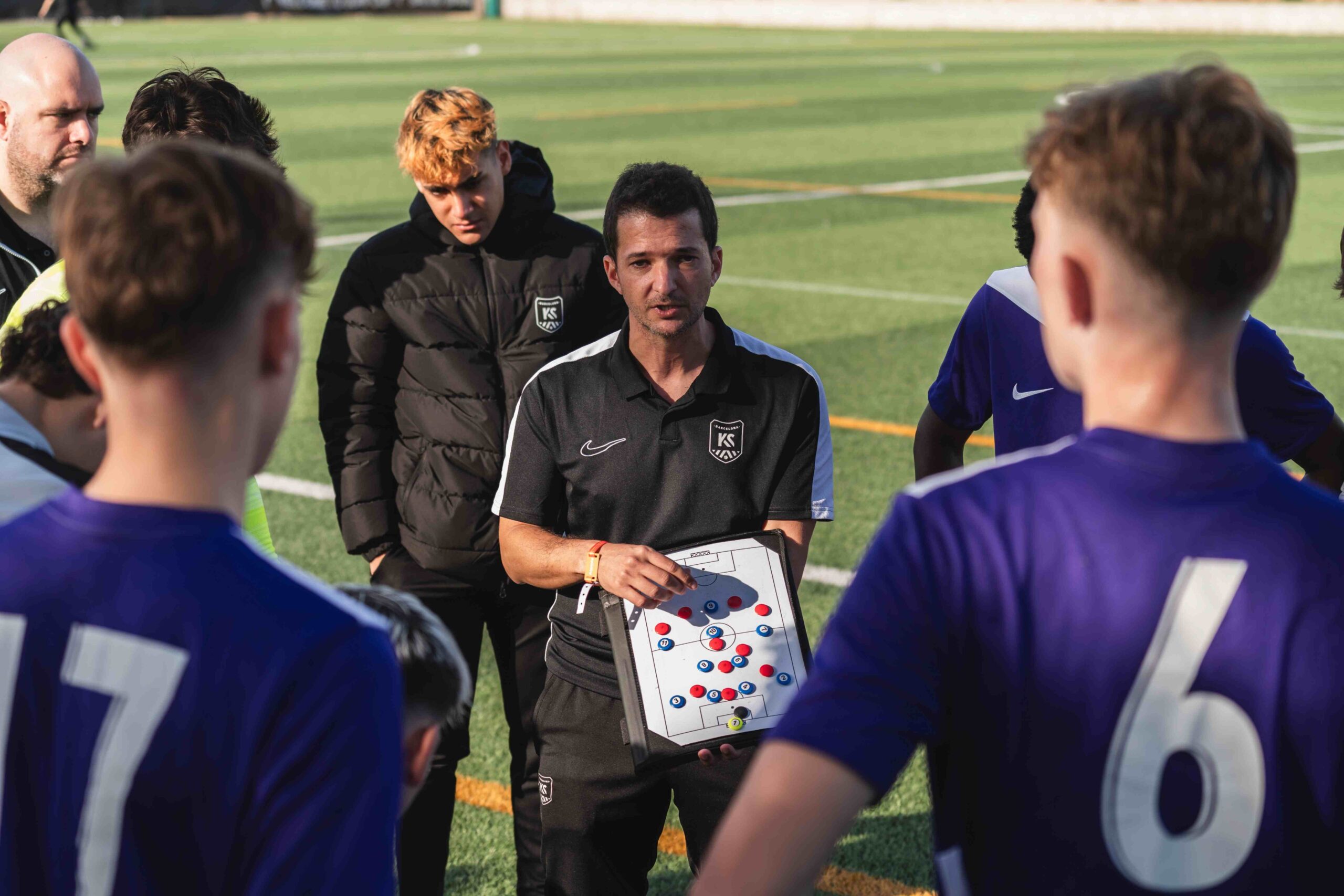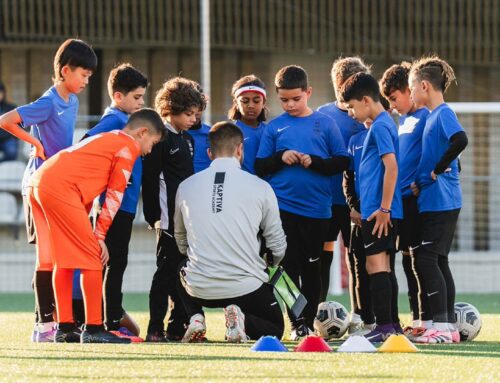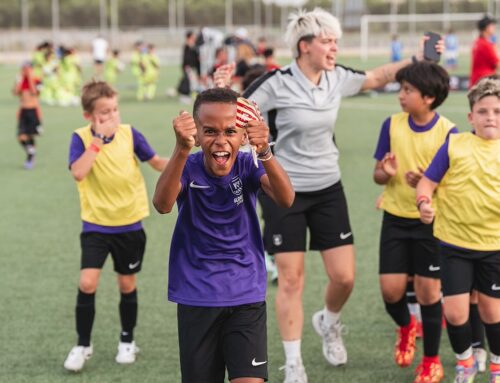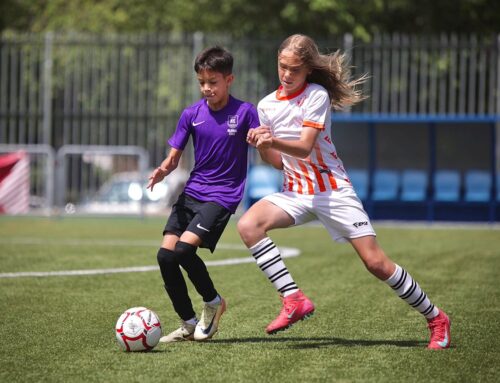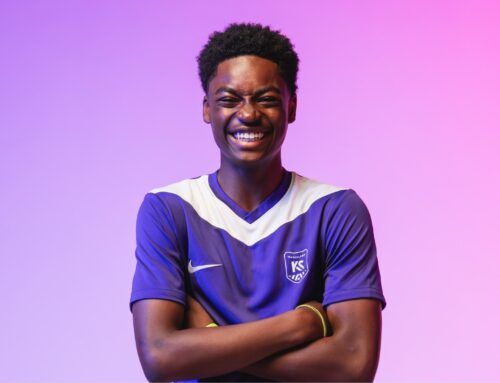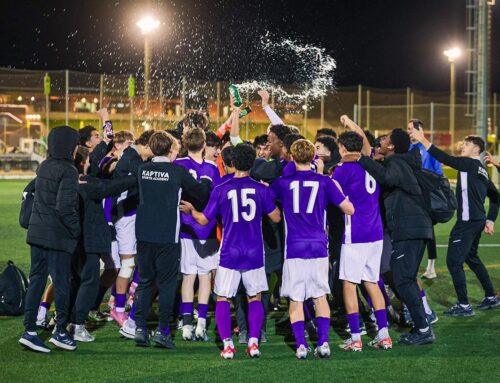We have previously talked to you about the role of the tutors at Kaptiva Sports Academy and the importance of them coordinating with the coaches and academic staff. This time, we are going to focus on the role of the coaches at Kaptiva Sports Academy and their importance for the development of the boys, both on and off the pitch.
Their role is fundamental, and is not only based on teaching football techniques and strategies, but also on accompanying the boys throughout the programme. Their difference with the tutors is that they spend more time on the pitch, and can observe the growth of the players at a sporting level.
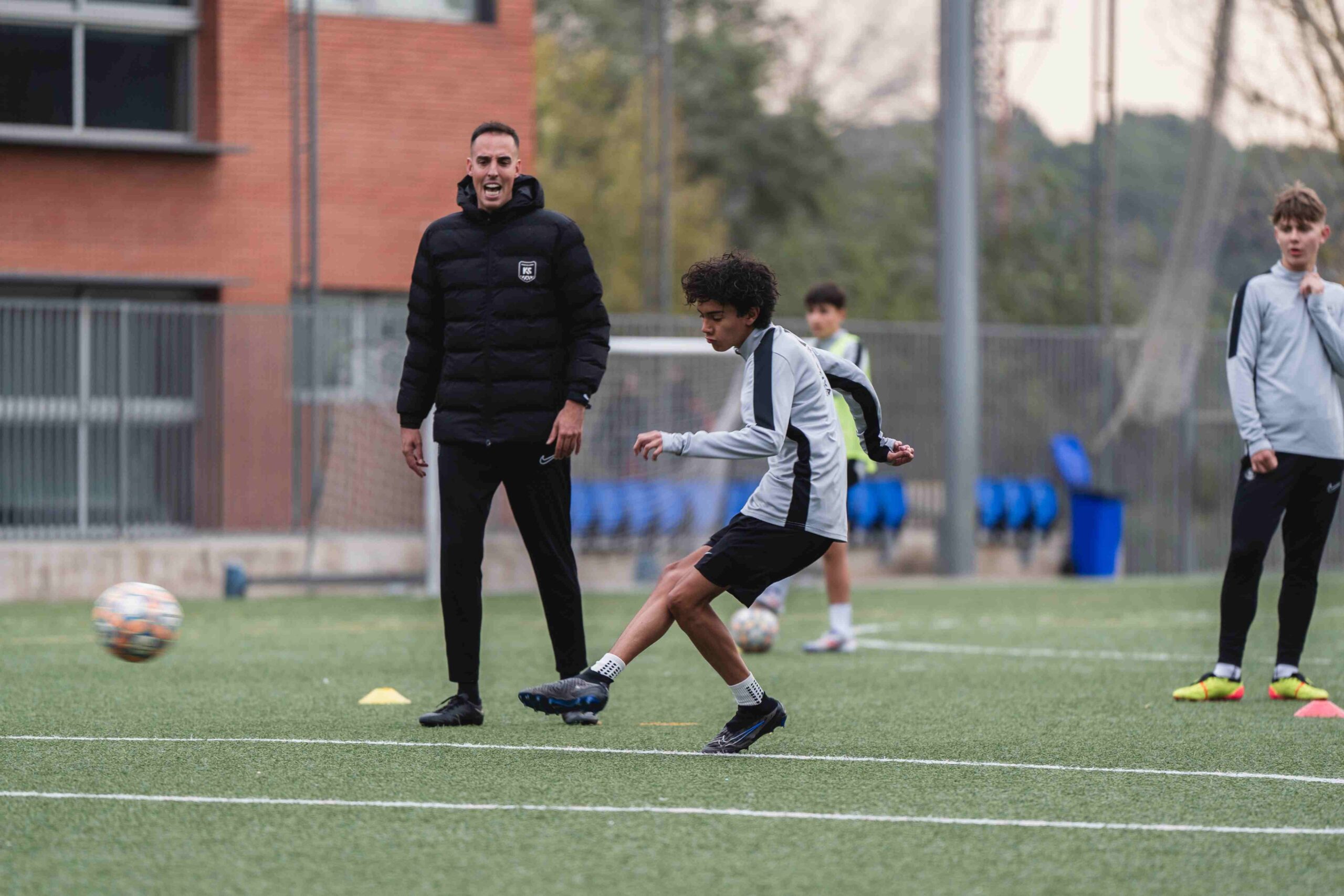
Coaches focus on individual and team development
Coaches at Kaptiva Sports Academy create and implement training programs that align with the academy’s methodology, focusing on both individual and team growth. They involve players in video analysis and match preparation, offering practical feedback. Additionally, the Kaptiva method promotes dialogue between players and coaches through a system of questions, answers, and concepts that help players independently identify their challenges.
Coaches also serve as role models, instilling values such as respect, inclusion, and fair play. In a multicultural setting, they cultivate a culture of empathy, celebrating diversity as a team strength. Therefore, their role extends beyond football, contributing to the personal development of each individual.
They maintain regular communication with residence tutors and families to update them on each player’s progress and areas for improvement. In this way, families also understand the functions and tasks that are carried out within the academy. In this way, they can see this effort reflected in their children, and we can improve thanks to their feedback.
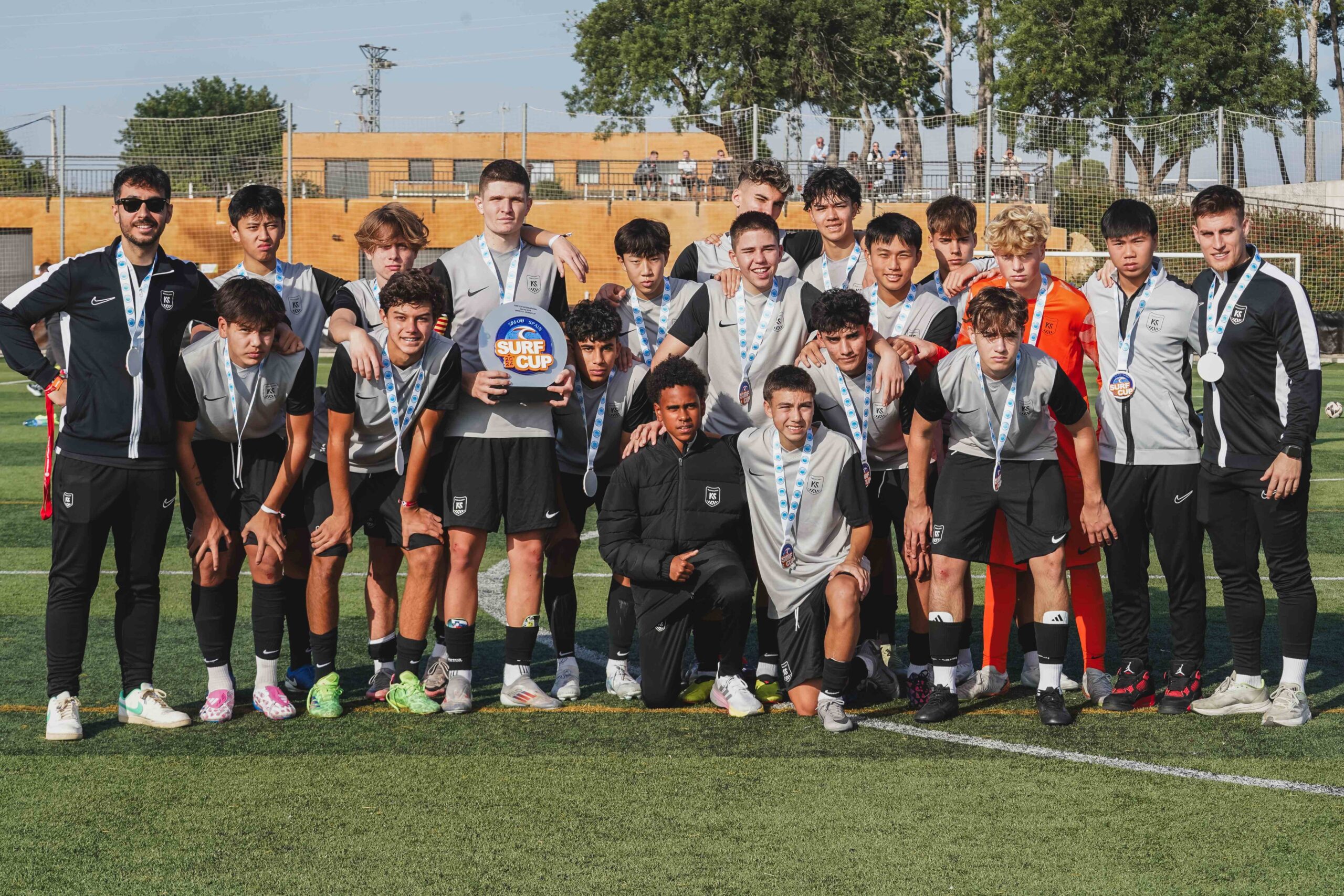
They help players to make decisions
Working with adolescents between the ages of 13 and 17 from various countries and backgrounds involves not only focusing on athletic performance but also tackling challenges related to personal growth, social adjustment, and multicultural dynamics. Coaches also play a key role in ensuring players adhere to the Kaptiva Code of Conduct.
To promote motivation driven by personal choice, coaches need to address three core psychological needs: autonomy, competence, and relatedness. Players are more likely to perform well and stay engaged when they feel they have the freedom to make decisions (autonomy), trust their abilities (competence), and build strong relationships with teammates and coaches (relatedness). By nurturing these needs, coaches help players develop a genuine passion for football and a commitment to continuous learning and improvement.
Coaching in this diverse environment requires strong cultural awareness to effectively manage differences and promote inclusivity. A coaching style that blends technical advice with emotional support helps build trust, strengthens team unity, and enriches the players’ overall experience.
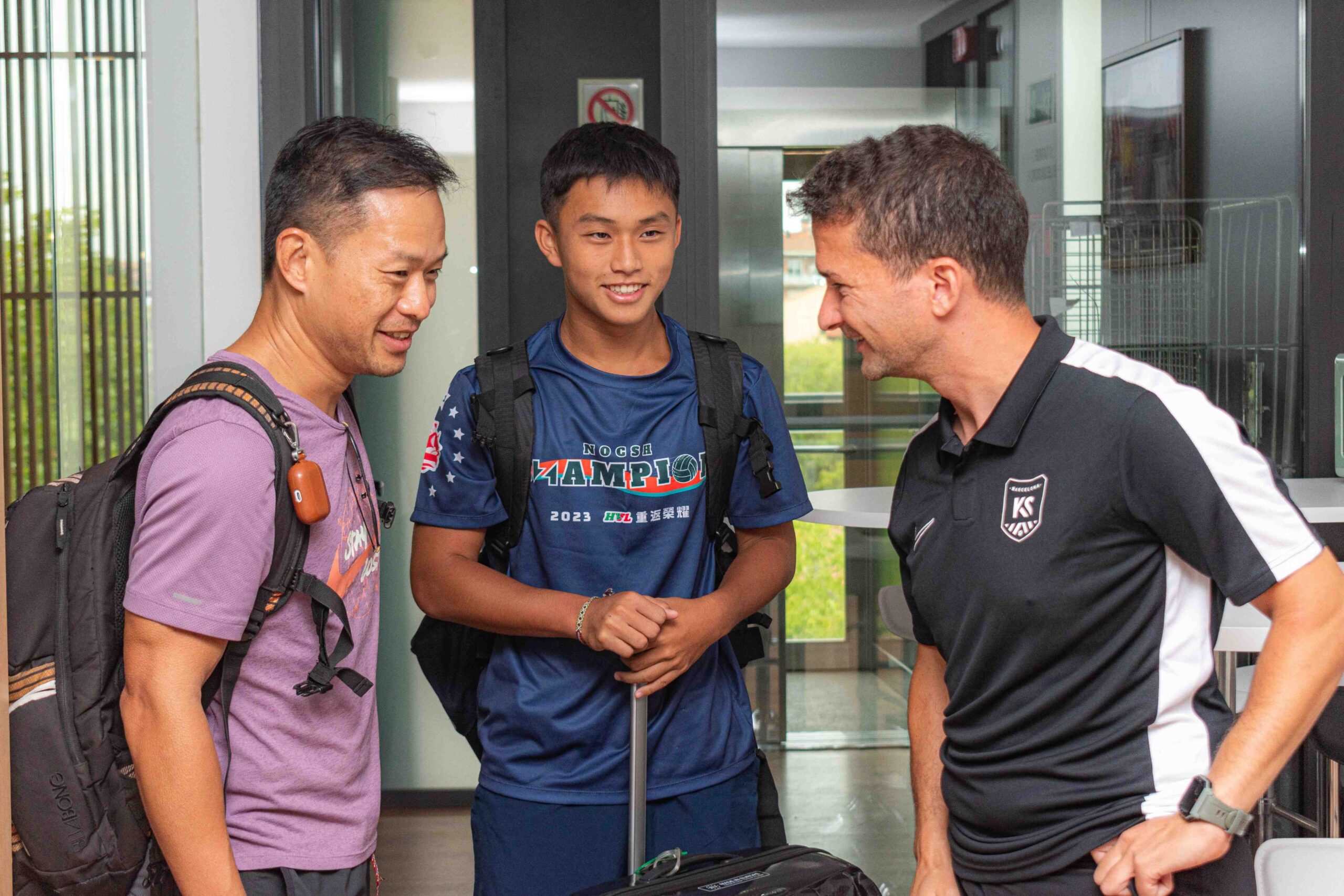
The importance of being prepared
As we have said, being a coach does not only mean understanding football. It means being a reference figure in the player’s development. For this, the coaches should be ready. And we mean being prepared in several areas. Obviously, it is important to master the technical side of the game, but also to understand concepts of mental health and development.
Just as tutors are key figures who accompany you at other stages of your time at Kaptiva, coaches must complement the other side. In order to do so, they cannot ignore issues such as the problems a child may face outside of training or his or her family context.
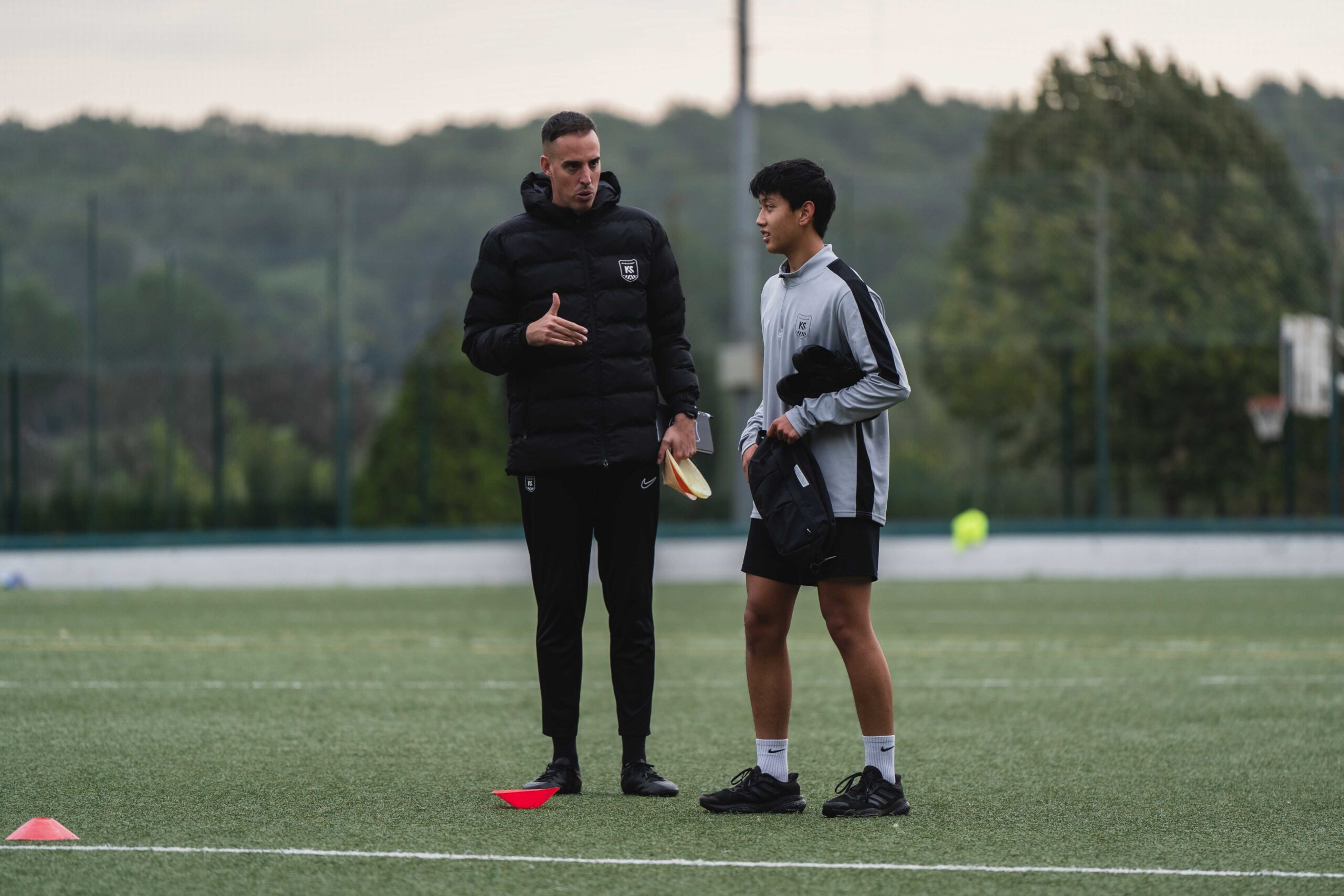
In life, learning is a path, not an end. The goal is not to win every tournament and every match, but for the kids to enjoy them and know how to manage their nerves and insecurities. If the victory comes, perfect, but if not, it is important to be by the players’ side so that they learn to face defeat with integrity and not to give it too much importance. Just enough to want to keep improving.
This is the role of the coaches at Kaptiva Sports Academy. As you can see, we distribute the tasks among our staff in a way that suits their preparation and purpose. Together, we manage to create a healthy environment for the children, in which they can develop and grow surrounded by football.
